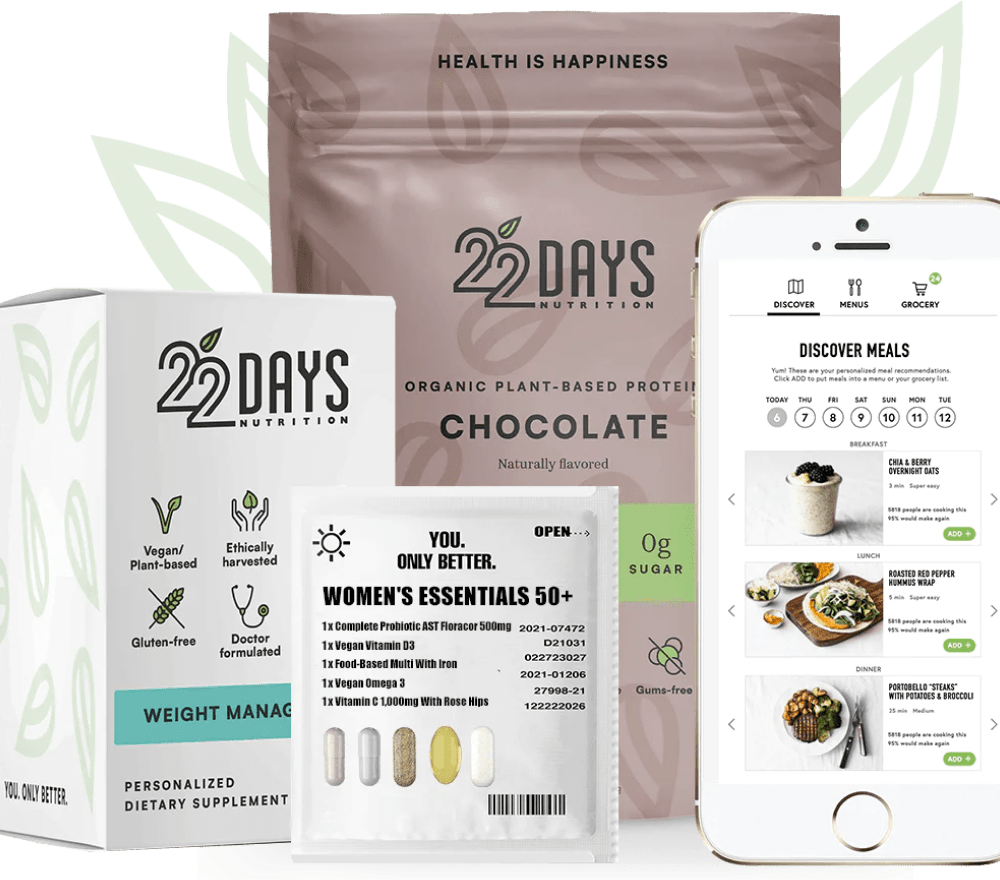Top 12 Dirtiest Fruits & Veggies: 2016 Dirty Dozen
If the term “dirty dozen” sounds unfamiliar, here’s a quick overview. The dirty dozen are the top twelve foods identified each year by The Environmental Working Group (EWG) as having the highest levels of pesticides when they arrive in store. Although pesticide levels are set by the USDA and fruits and vegetables are typically washed prior to their arrival at your local produce store, many fruits and vegetables can still have residual levels of chemicals. In fact, up to 65% of produce can still contain pesticides. But which types of produce are the worst offenders? Here’s the breakdown the worst offenders.
2016 Dirty Dozen
- Strawberries
- Apples
- Nectarines
- Peaches
- Celery
- Grapes
- Cherries
- Spinach
- Tomatoes
- Sweet bell peppers
- Cherry tomatoes
- Cucumbers
At the top of the list, strawberries, apples, nectarines and peaches are by far the worst offenders – with a whopping 98% of these conventionally grown fruits testing positive for at least some type of pesticide residue. It is recommended that you choose organic versions of these produce. In addition to the Dirty Dozen, EWG also released their Clean Fifteen™ list. Not surprisingly, many of the produce on this list are thick-skinned or have hardy leaves and it is more difficult for pesticides to penetrate the skin.
2016 Clean Fifteen™
- Avocados
- Sweet Corn
- Pineapples
- Cabbage
- Sweet peas, frozen
- Onions
- Asparagus
- Mangos
- Papayas
- Kiwi
- Eggplant
- Honeydew Melon
- Grapefruit
- Cantaloupe
- Cauliflower
Avoiding food high in pesticides can help reduce the risk of certain diseases, including Alzheimer's and Parkinson's disease, autism and endometriosis. However, this is not a reason to avoid the fruits and vegetables on this list entirely, as this may leave a hole in your body’s intake of essential vitamins and minerals. Instead of avoiding, focus on finding organic, GMO-free produce – so you and your family can enjoy all the benefits of a rounded diet, without the drawbacks of residual pesticides. If you absolutely have to purchase produce from the Dirty Dozen list, make sure you wash thoroughly before consuming. Removing the peel can also help reduce residual pesticide levels. But keep in mind, there is no guarantee that the pesticide residue will be removed completely. Along with fresh fruits and veggies, it’s important to consider processed foods that include produce from the Dirty Dozen list. Apples are used as a base for many types of juice and fruit snacks, so choosing organic versions will help cut down on you and your family’s intake of pesticides. Finding healthy alternatives to Dirty Dozen offenders, including processed foods, doesn’t have to be a challenge. If you can’t find organic options in the produce section, check the frozen food aisle – for example, organic frozen strawberries and peaches are very easy to find. In our continued commitment to healthy and delicious food, 22 Days Nutrition Plant-Protein Powders and Vegan Meal Planner are 100% organic. That means they have all the nutritional benefits that nature has to offer without damaging pesticides or GMOs.





